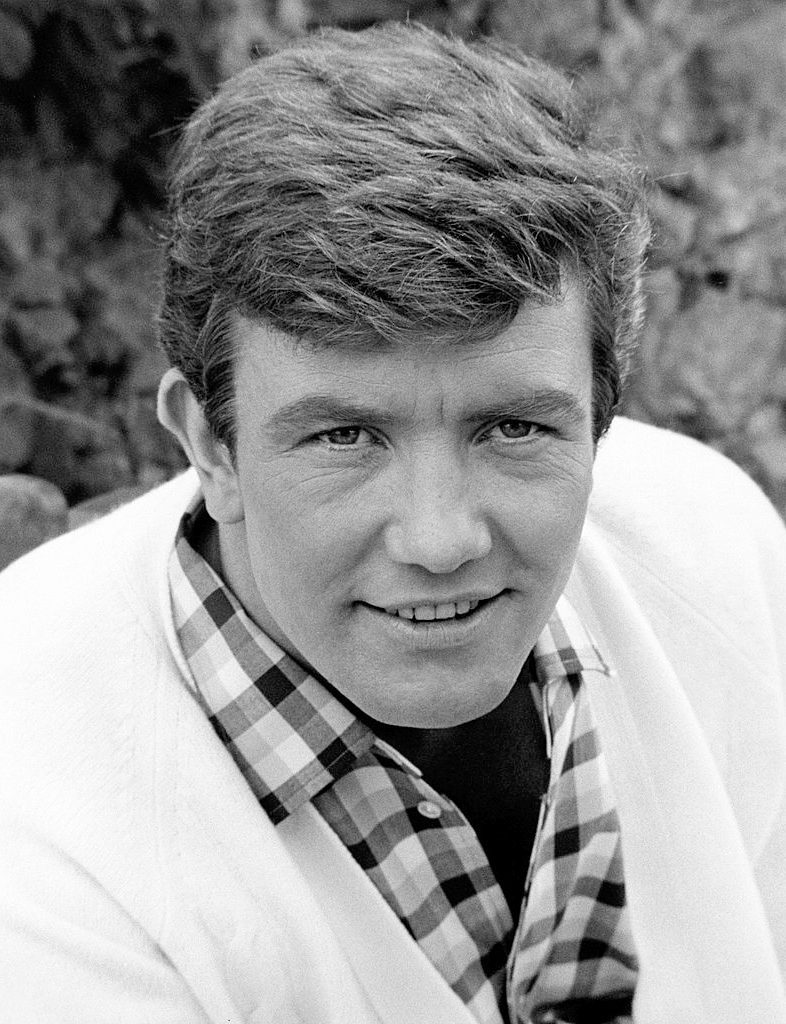Albert Finney: An Actor’s Life
By • February 11, 2019 0 1932

Many a young man and young woman with a craving for the spotlight and a creative bent has, looking at their life’s prospects, said familiarly: “Oh, an actor’s life for me!” That included the fox enticing Pinocchio in the Disney movie.
When you look at the track record, footprints and resume of actor Albert Finney on movie screens, world stages and television, that notion seems to have worked out pretty well for him, and us, the audiences for his work.
Finney died on Feb. 7 at the age of 82, leaving behind his wife of 16 years, Pene Delmage, and two former wives, Jane Wenham and actress Anouk Aimée of “A Man and a Woman” and “La Dolce Vita” fame, as well as a son from his first marriage and two grandchildren.
As an actor and star of stage and screen, he also left behind a considerable body of work, much of the film portion of which can be easily accessed and memorialized with shifting imagery and attitudes through computers and the hall-of-fame glamour and seriousness of Turner Movie Classics.
But quite a large part of the acting gifts and chops of the Englishman named Albert Finney were also on display in a large number of plays, live with no net, right in the here and then of onstage, from the Royal Academy, London, to Broadway and smaller venues, from Shakespeare to the then-blistering modern efforts of New Wave British playwrights, works which would transport themselves into cinematic creations, often starring Finney, the new bloke on the block, transforming him into a movie star.
The thing about being an actor — as opposed to the more fragmentary and elusive doings of directors, designers and even writers — is the “there you are, naked and all in full bloom” aspects of the work, under the klieg lights on a big stage or a backstreet stage, hoping that this won’t be the night that you’ll forget the first line or so of your big speech, or wondering why they’re so quiet out there.
This happens during the course of time to an actor’s filmed work, but in a different way. Time passes, your every real-life wrinkle under the makeup, the way you move or how your voice sounds gets a going-over. For the audience, it’s like watching your first boyfriend or girlfriend all over again, a moment that has the potential to be sweet or sour.
Actors are critiqued and criticized all the time (that’s the job), for the span of their lives and up to the last word they have uttered in the voice of a character. When we lose actors — as in the last “The End” — we don’t really lose them. The reality is that we can assess, take them to heart as a whole, say, “Oh, I remember that. Wasn’t he or she great?” You remember their moment and abilities in a heartbeat, occupying a dual reality on film.
For Finney, those quick-flash moment occupy a bucket load — most notably, of course, when the working-class-raised Finney burst into stardom after moody black-and-white roles in critically acclaimed films like “Saturday Night and Sunday Morning.” He was a Royal Academy of Dramatic Art lad, part of a generation that included the rowdy likes of Peter O’Toole, Tom Courtenay and, even earlier, Richard Burton.
Courtenay ended up doing movie versions of parts that Finney had done onstage, such as “The Loneliness of the Long Distance Runner” and “Billy Liar” (whence Julie Christie first emerged, glowing, luminous and ready for “Doctor Zhivago”).
Finney, who had turned down the part of “Lawrence of Arabia,” did all right. His blowout was “Tom Jones,” a boisterous, bigger-than-randy-life adaptation of the 18th-century writer Henry Fielding’s engaging novel about a charming country rogue, famous for a dialogue-free scene with Joyce Redman, where wolfing through a meal together looked like an act of both consuming and consummation.
On the basis of his screen work, Finney always looked, and certainly sounded, bigger than he was, with a booming voice which was oddly and especially effective when modulated (see his Hercule Poirot). He had a presence that was not quite megawatt but always memorable in such films as “Two for the Road” (in which, according to the stories, he romanced Audrey Hepburn for real), “The Duelists” and “Erin Brokovitch.”
He was searing in “Luther”; an alcoholic in “Under the Volcano,” a one-hit literary wonder by Malcolm Lowry; a menacing gangster in the wonderfully dense crime drama “Miller’s Crossing.” He was a huge father figure in the beautifully imagined “Big Fish.” More recently, he played opposite Daniel Craig in the Bond epic “Skyfall.”
You look at Finney, though, and it’s the stuff you didn’t see that you miss the most, that sounds most impressive: his London “Hamlet,” in which you can imagine him as probably bigger and more boisterous than the usually indecisive Prince; Tamburlaine by way of Marlowe; his “Krapp’s Last Tape”; and in in Joe Orton and Brian Friel plays. With the stage works, you had to be there, and more’s the pity that you weren’t.
Look him up. An actor’s life for him.

